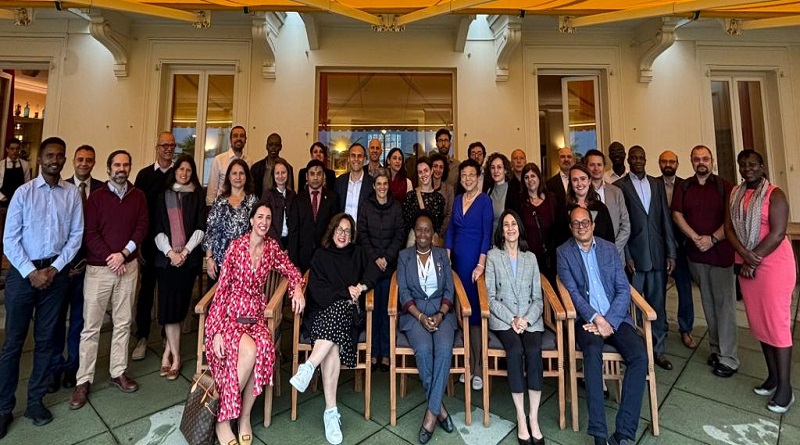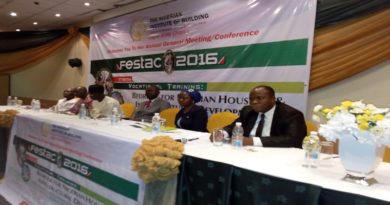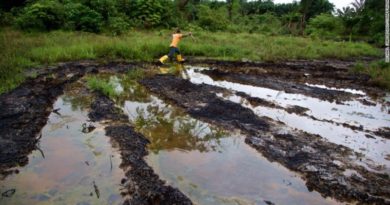Experts advance technological innovations for environmental protection
The picturesque city of Montreux recently hosted the 14th InforMEA Steering Committee Meeting from 11 to 13 June. This vibrant assembly of knowledge management officers from various Multilateral Environmental Agreements (MEAs) and key partners convened to discuss the latest technological advancements and how they can bolster the implementation of conventions and benefit the broader environmental community.
The InforMEA Steering Committee, which meets periodically to provide strategic direction, was represented by its co-chairs Patricia Kameri-Mbote, director of UNEP-Law Division, and Ivonne Higuero, Secretary-General of CITES. Together with other heads of present MEAs, like BRS Conventions Executive Secretary Rolph Payet and International Whaling Commission Executive Secretary Martha Rojas, they underscored the crucial role of InforMEA and its community of practice in knowledge exchange, standards, and best practices for MEAs. Discussions also explored the burgeoning role of artificial intelligence (AI) and its potential to enhance these efforts.
The meeting featured rich discussions across two primary workstreams: joint issues and technical group deliberations. Key topics included APIs, UN maps, artificial intelligence, governance, partnerships, data quality, UNEP contributions, e-learning, and outreach strategies.
The Minamata Convention Secretariat, through its Communications and Knowledge Management Officer, Anna Garcia Sans, presented the progress made in the interoperability process with the Global Environment Facility (GEF) projects. The Minamata Convention Secretariat has successfully integrated the GEF project database with its website, ensuring accurate, up-to-date information without duplication, and developed a dashboard with the main project insights. This initiative aims to expand to other MEAs through InforMEA, enhancing data management and transparency and promoting impactful stories that support the national implementation of conventions.
In her closing remarks, Minamata Convention Executive Secretary Monika Stankiewicz, who connected online, highlighted: “Through our partnership with InforMEA and the adoption of our digital strategy by COP-5, we are making significant progress in knowledge management and data exchange. The inspiring community of practice within InforMEA provides the Minamata Convention with great confidence when implementing new digital solutions. I want to reiterate our strong commitment to InforMEA and continued cooperation”.
Welcoming the progress made by the Secretariat of the Minamata Convention in knowledge management and digitalization as a cross-cutting element of the programme of work, COP-5 supported the implementation of the Secretariat’s digital strategy and requested further collaboration with other multilateral environmental agreements (MEAs) and InforMEA to keep advancing knowledge management, digitalization and information exchange.
The Secretariat’s ongoing work includes developing a topics section on its website to improve user experience through semantic approaches and automatic content classification. Jointly with InforMEA and the UNEP chemicals and waste branch, the Secretariat is undertaking an exploratory project pilot on AI in a controlled environment, looking ahead to challenges and opportunities.
For over a decade, InforMEA has been instrumental in enhancing knowledge management and data standards among MEAs. The initiative fosters interoperability, enabling seamless information sharing on parties, decisions, reports, plans, focal points, events, and publications. Through this collaboration, InforMEA strengthens data quality, supports e-learning opportunities, and enhances data visualization.
InforMEA is facilitated by UNEP and supported by the European Union. It brings together 27 MEA secretariats from various organizations, including FAO, UNECE, UNEP, UNESCO, ECLAC, and IUCN. Serving as a comprehensive information hub, InforMEA enhances knowledge management and data sharing across organizations, contributing significantly to the global environmental agenda.




